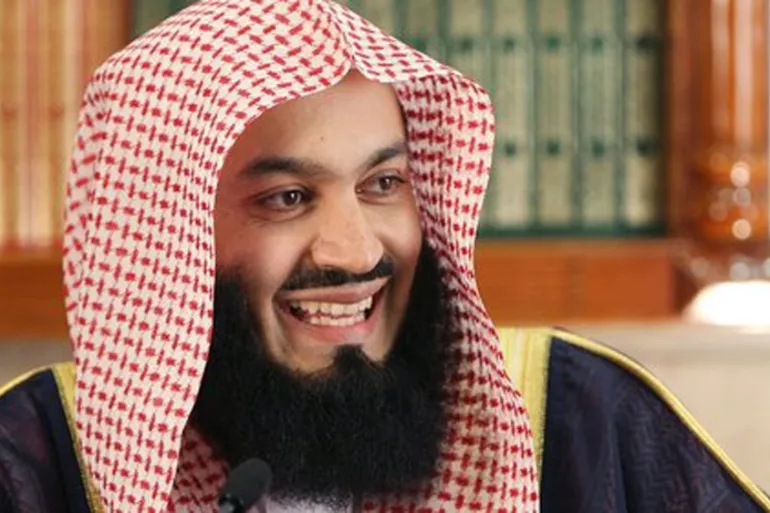NAIROBI — Across East Africa’s bustling mosques, digital platforms and religious forums, one name increasingly resonates with the region’s Muslim communities: Mufti Ismail Ibn Musa Menk. Hailing originally from Zimbabwe, his message of faith, social guidance and global Muslim unity has crossed national borders and cultural divides — making him perhaps the most widely recognised Islamic figure in the region today.
Mufti Menk is a respected Islamic scholar, motivational speaker and preacher whose popularity has soared thanks to his accessible teachings, social-media presence and regional tours. His lectures focus on practical faith, spirituality and ethics, and have drawn large gatherings in Kenya, Uganda and Tanzania.
In February 2024, he led Friday prayers and delivered a major sermon at the Jamia Mosque Nairobi, one of Kenya’s largest mosques, signalling his strong East African connection.
What Explains His Popularity in East Africa?
1. Regional Reach & Engagement
Menk’s visits to Kenya — where he spoke at major mosques from Nairobi to Parklands and Hurlingham — reflect a deliberate regional engagement.
He also uses social platforms to reach younger and urban Muslims, making his teachings widely accessible across borders.
2. Clear, Practical Message
Rather than focusing exclusively on legalistic scholarship, his style emphasises everyday morality, humility and spiritual uplift. Such a message resonates in East African communities grappling with economic, social and religious challenges.
3. Inter-denominational Appeal
While he is rooted in Sunni scholarship, Menk has drawn audiences across different Muslim communities. His inclusive approach helps bridge sectarian or national divides and fosters broader appeal in multi-ethnic East Africa.
4. Media Savvy & Global Identity
His global profile as one of “The 500 Most Influential Muslims” (a recognition he has received) boosts his credibility and visibility in the region.
In addition, his use of modern media (YouTube, Instagram, etc) means his lectures and messages circulate well beyond the mosque — including deep into East Africa’s Muslim online space.
Regional Impacts & Significance
Unity and Dialogue: In a region where Muslim communities are often diverse (by ethnicity, language, local custom), Menk’s message serves as a rallying thread for unity, moderation and communal faith.
Education & Ethics: His emphasis on personal development, spiritual ethics and social responsibility aligns with East Africa’s rising interest in Islamic education, halal business, and community development.
Role Model for Young Muslims: Youth in urban centres (Nairobi, Dar es Salaam, Kampala) increasingly look up to young-accessible scholars like Menk, whose style is more contemporary and interactive.
Regional Religious Influence: His presence in East Africa signals that Islamic teaching and leadership in the region is no longer purely local — it is part of a trans-national network of scholarship, travel, digital media and influence.
Given his rising profile and regional engagements, Menk is likely to remain a major influence across East Africa’s Muslim landscape.
In a region where Islam plays a vital role in cultural, social and political life — from Kampala to Zanzibar to Nairobi — Mufti Ismail Menk stands out as one of the most recognisable, spoken-about and influential Islamic figures. As East Africa continues its dynamic religious evolution, his role underscores the growing interplay between faith, media, mobility and region-spanning influence.

